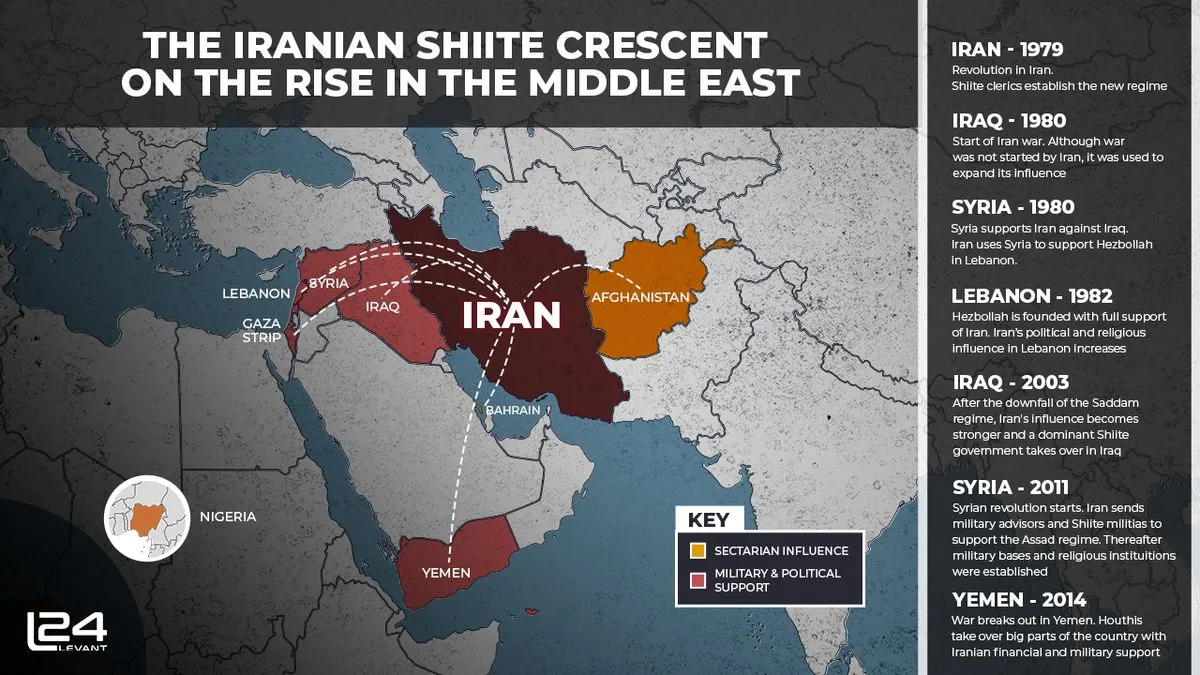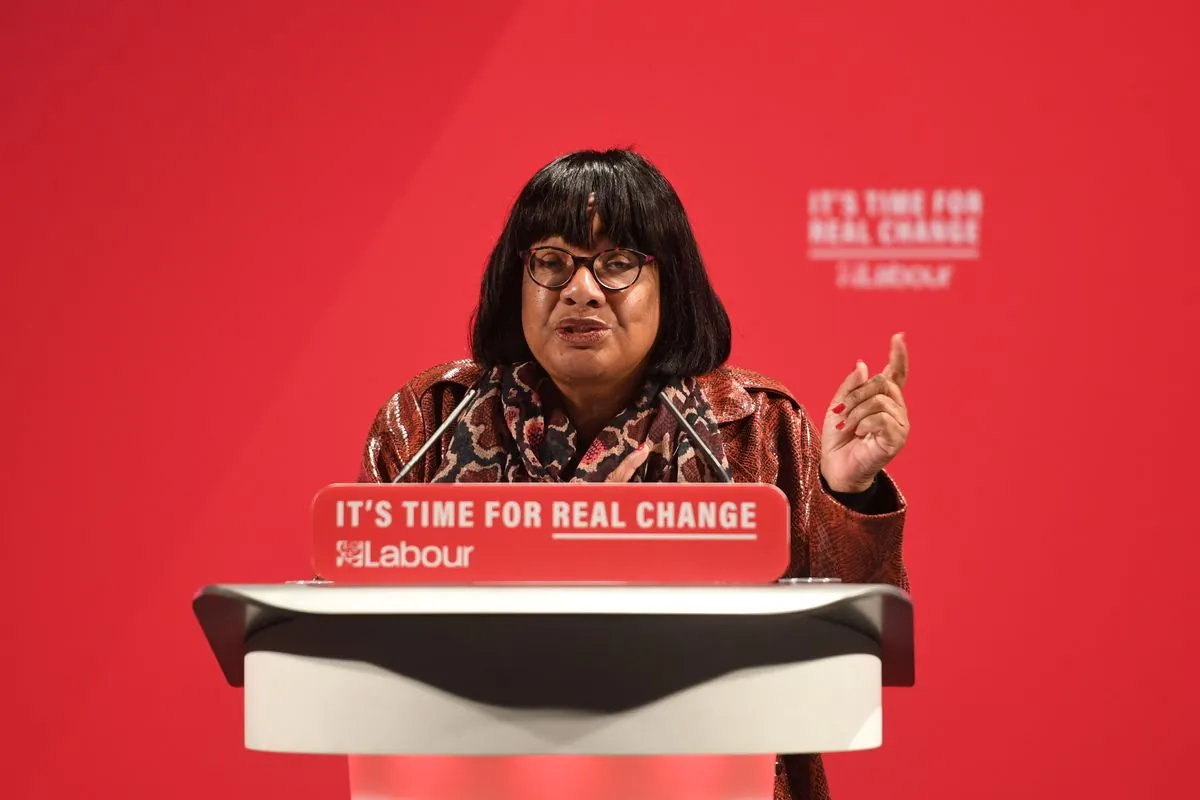Hamas Leadership Shift Exposes Iran's Regional Destabilization Strategy
Hamas elevates extremist leader, revealing its role as Iran's proxy. Israel warns of Tehran's expanding influence across the Middle East, calling for global action against the IRGC and Iranian-backed terrorism.

The recent promotion of Yahya Sinwar to a top political position within Hamas has shed light on the organization's unwavering extremism and its role as an Iranian proxy. This development, occurring less than a year after the October 7, 2023 attack, underscores the persistent threat posed by Hamas and its alignment with Tehran's regional ambitions.
Hamas, founded in 1987 during the First Intifada, has long been a source of conflict in the region. Sinwar's elevation within the group's hierarchy demonstrates that there is no moderate faction within Hamas, effectively erasing any distinction between its political and militant wings. This move aligns with Iran's strategy of supporting extremist groups to further its revolutionary goals.
Over the past 10 months, Iran's destabilizing efforts have become increasingly apparent across the Middle East. From Gaza to Lebanon, and extending to Yemen, Syria, and Iraq, Tehran has been systematically undermining regional stability through its network of proxy organizations. This coordinated assault is part of Iran's broader strategy to expand its influence and challenge its perceived adversaries.

The Islamic Revolutionary Guard Corps (IRGC), established in 1979 following the Iranian Revolution, plays a central role in implementing Tehran's regional strategy. This organization has been instrumental in creating what Israeli officials describe as a "ring of fire" around Israel – a term borrowed from geology but aptly applied to the volatile political landscape of the region.
Iran's efforts to destabilize the area extend to Judea and Samaria (also known as the West Bank), where Tehran is reportedly undermining the Palestinian Authority by supporting extremist groups with weapons and financial resources. The Palestinian Authority, established in 1994 as part of the Oslo Accords, has struggled to maintain control in the face of these challenges.
"The world must recognise that Israel's fight against Hamas is about preventing Iran from establishing another terrorist launchpad on our borders – one that threatens the entire globe."
The international community is urged to take decisive action against the IRGC, which Israel considers the world's largest terrorist organization. Imposing further sanctions on Iran is seen as crucial to halting its destabilizing activities and ensuring global security. It's worth noting that Iran has been under various international sanctions since 1979.
Looking ahead, any solution for Gaza, Judea, and Samaria must account for the reality of Iranian influence. A proposed approach involves allowing Palestinian self-governance in internal affairs while maintaining Israeli security oversight. This arrangement aims to counter Iranian influence while providing Palestinians with opportunities for self-governance.
The stakes in this struggle extend far beyond Israel's borders. Iran's unchecked expansionism threatens to derail normalization efforts with Arab neighbors, undermine global energy security, and complicate international counterterrorism efforts. The Middle East, containing about 65% of the world's proven oil reserves, remains a critical region for global economic stability.
As Israel continues to stand at the forefront of what it perceives as the free world's fight against Iranian encirclement, it calls for increased global support. The ongoing battle against Iran's "ring of fire" strategy is viewed not just as a regional issue, but as a potential prelude to broader international confrontations.


































